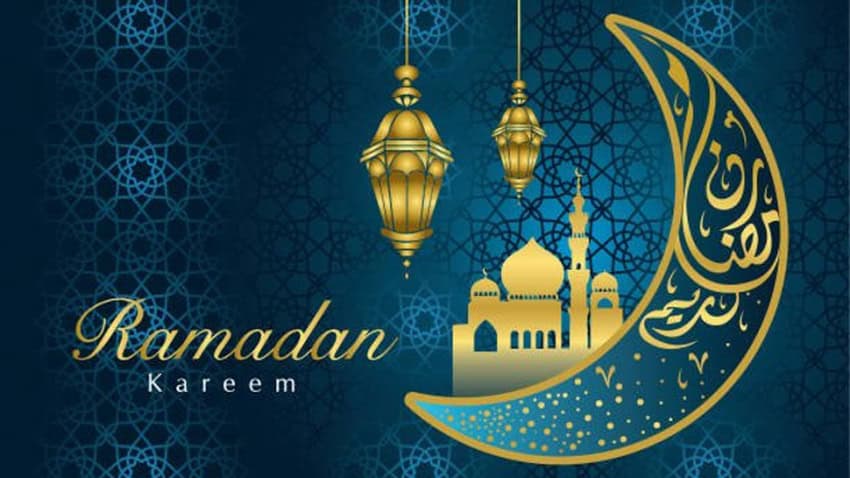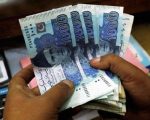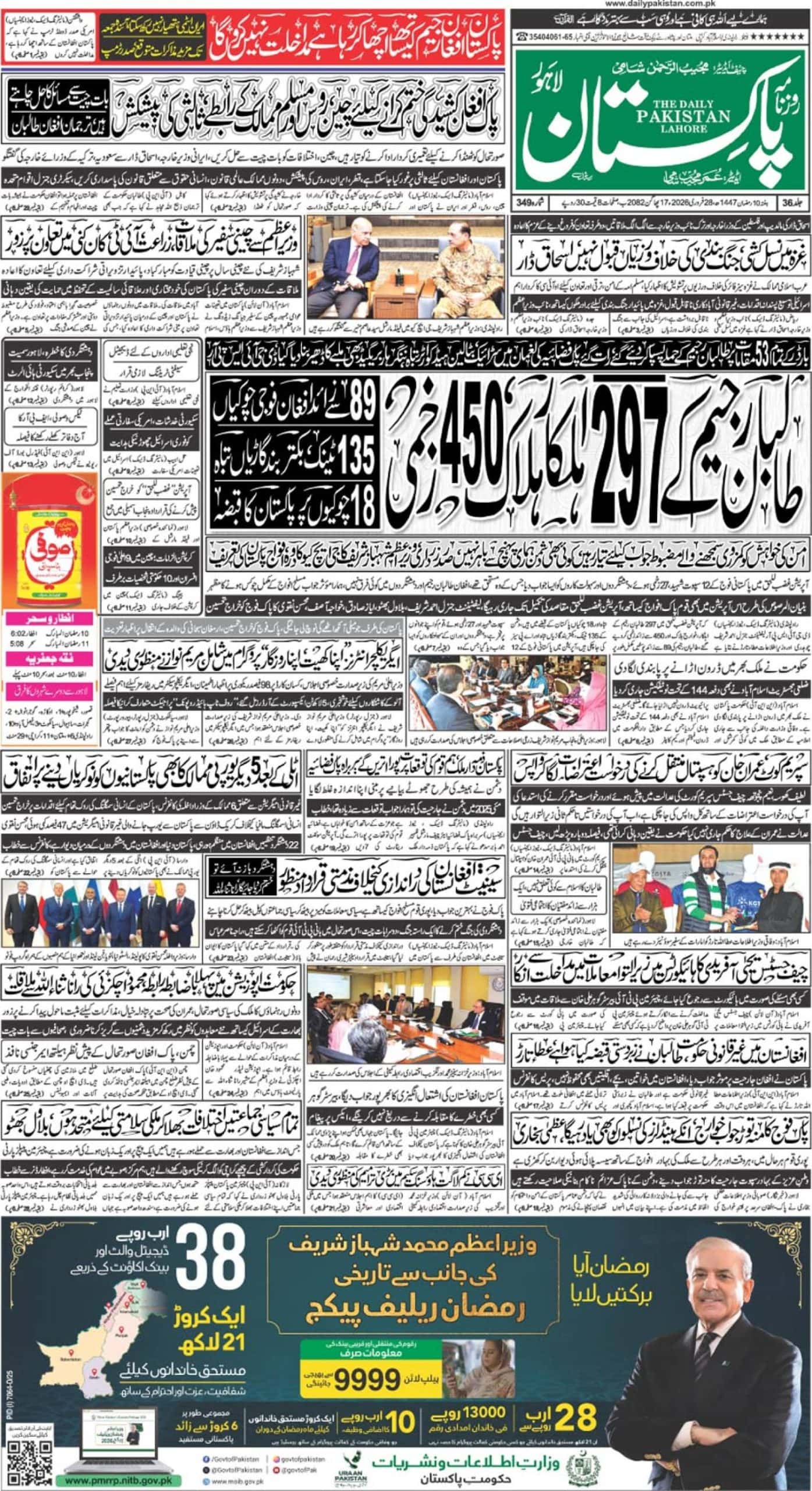LAHORE – The holy month of Ramadan is just about to begin. It is the time when Muslims observe fast from sunrise to sunset. Meals are served before sunrise, called Suhoor, and after sunset, called Iftar.
According to religion Islam, fasting helps Muslims learn modesty, patience, and spirituality. Fasting can improve one’s health, but only if done in the proper manner, otherwise it causes more harm than good.
So if you are wondering what to eat during Ramadan fasting? We are mentioning some useful tips for you to follow so you can stay super healthy this fasting month:
Never skip Pre-dawn meal: One should not skip the Suhoor, at any cost. Suhoor needs to be wholesome so as to provide enough energy to last during the long hours of fasting. Remember to include plenty of fresh fruits and vegetables, meat and dairy products so as to survive the long day of fasting.
Avoid eating fried, sugary and salty foods: Iftar, usually, is the time when families and friends get together for a feast to break the fast. The delicious Ramadan sweets are hard to resist, especially during such times. However, eating sweets immediately after Iftar will result in bloating and cause a delay in digestion. Also, spicy and salty food will make you thirsty the following day. The only way to get out of this situation is to practice portion control and moderation.
Take a healthy, balanced diet: A balanced diet is key to good health. Even during the fasting month, ensure your Ramadan food intake is simple and does not deviate too much from your normal diet. Have plenty of fresh fruits and vegetables and avoid processed foods as much as possible.
Even deep-fried foods should be consumed minimally. Don’t forget to consume food items like barley, wheat, oats, millet, semolina, beans, lentils, wholemeal flour and basmati rice which are complex carbohydrates and help release energy slowly during the long hours of fasting.
Eat more Dates and fruits during Iftar: Iftar is the time when you replenish energy levels. Do not give in to the temptation of stuffing yourself with various fried treats for they are nothing but empty calories. Traditionally during Ramadan, dates are eaten at the start of Iftar to signify the breaking of the fast. Dates are not only an excellent source of energy but are also rich in potassium that helps muscles and nerves to function well.
Have good water intake after Iftar: In order to reduce the risk of dehydration, one should make an effort to drink at least a minimum of 8 glasses of water between Iftar and Suhoor. Say no to caffeinated drink for they promote fluid loss and opt for plain water. One could also consume fruits and vegetables that help keep the body hydrated.
Hope these nutritional tips come in handy during this holy month of fasting.
Happy Ramadan!














